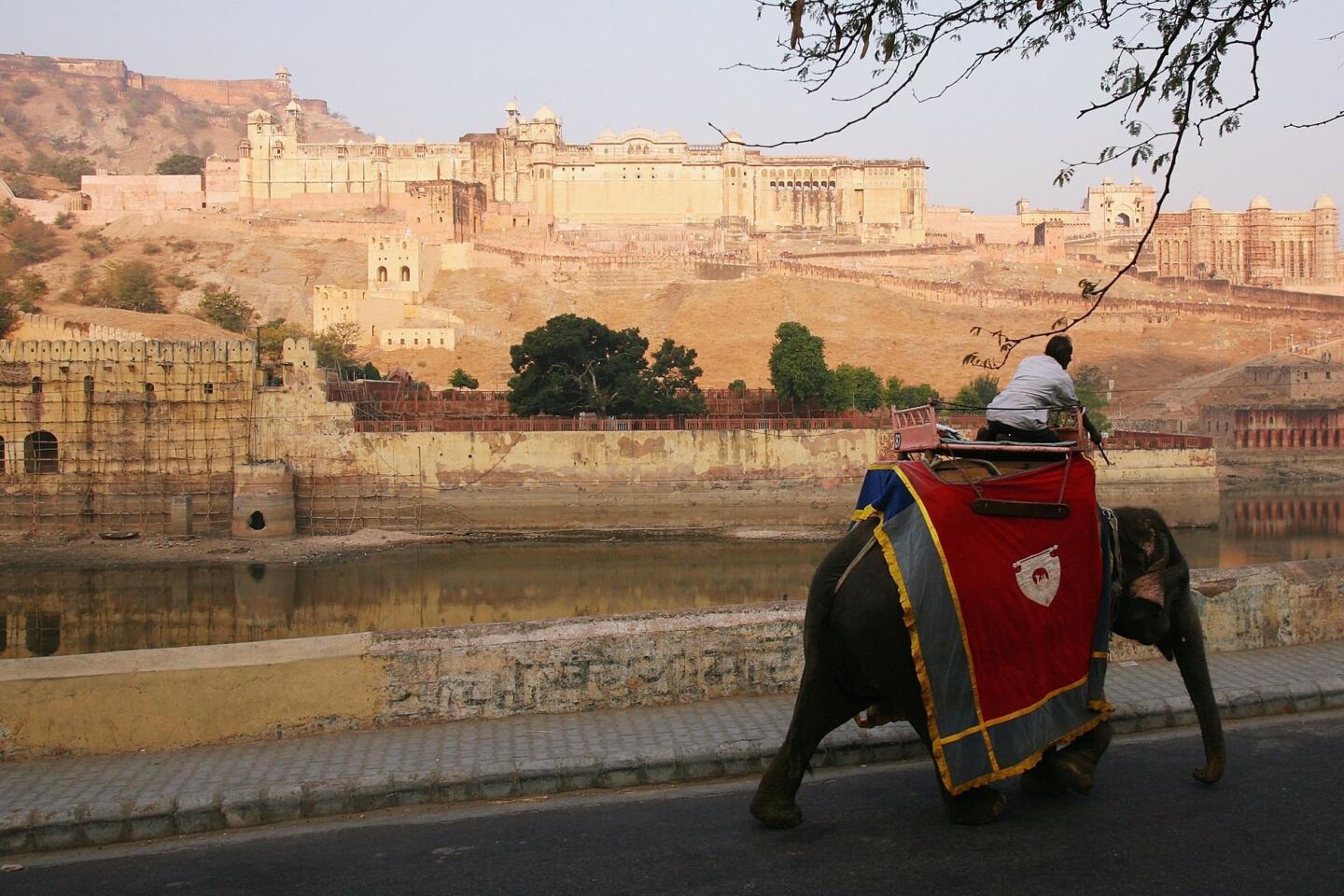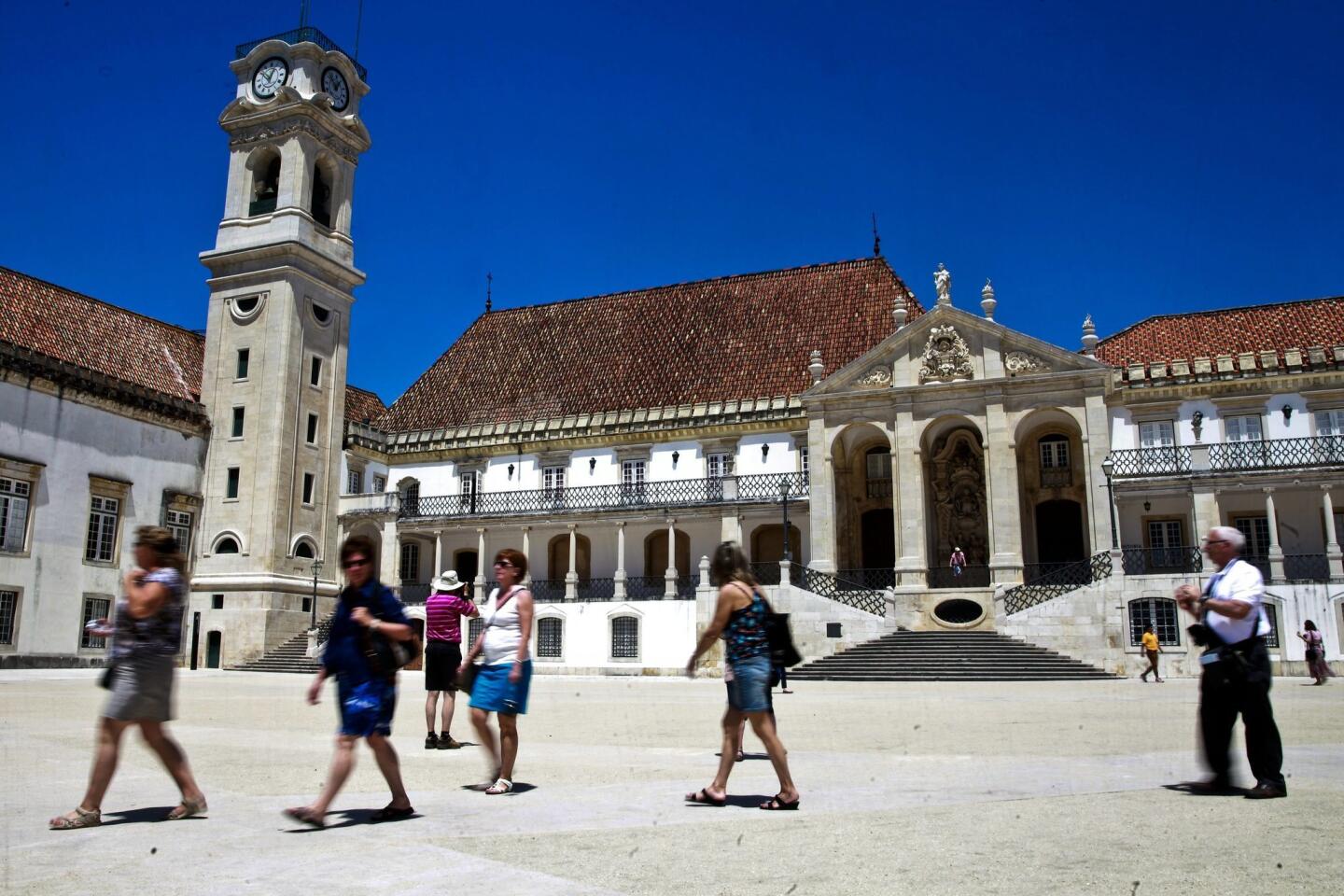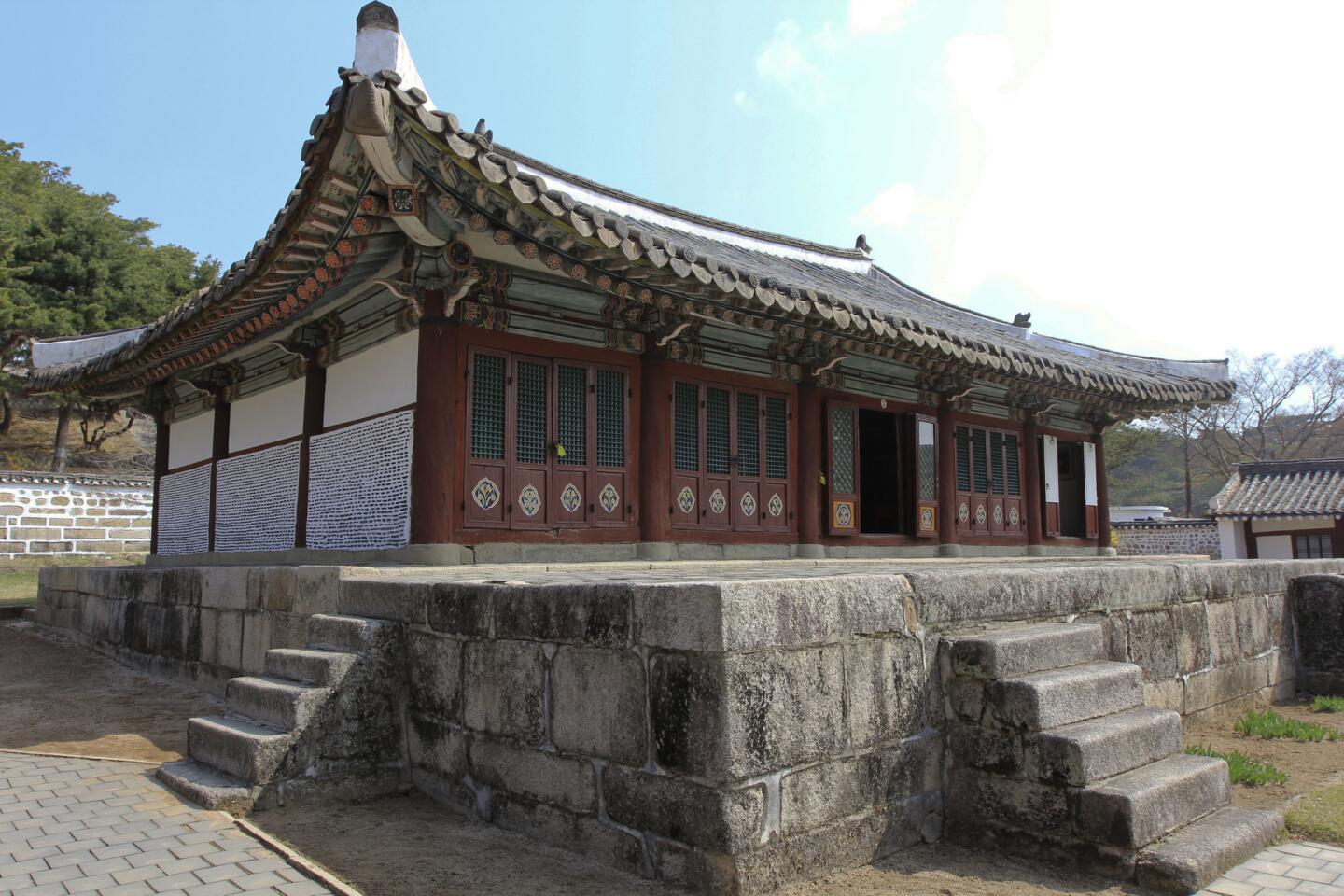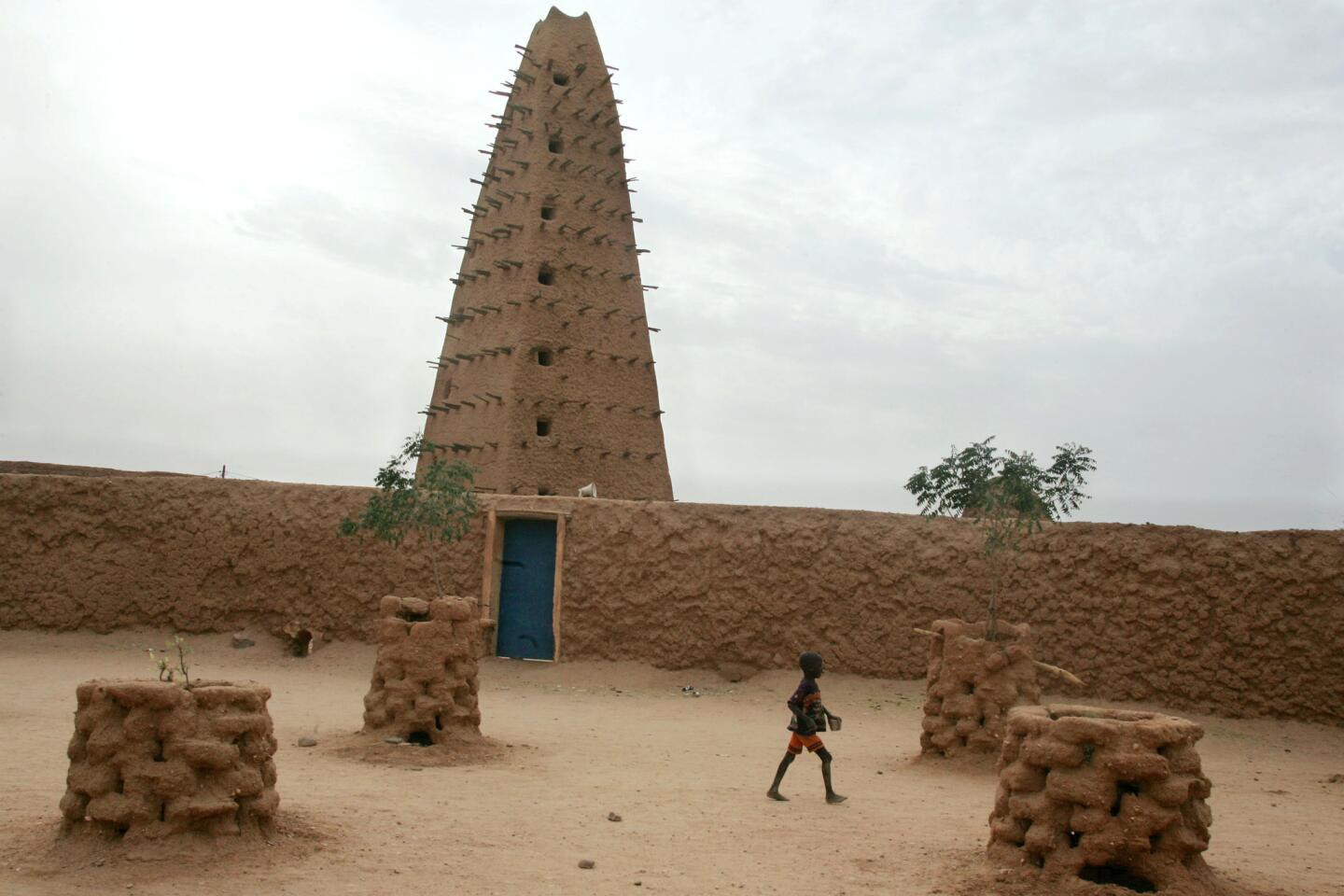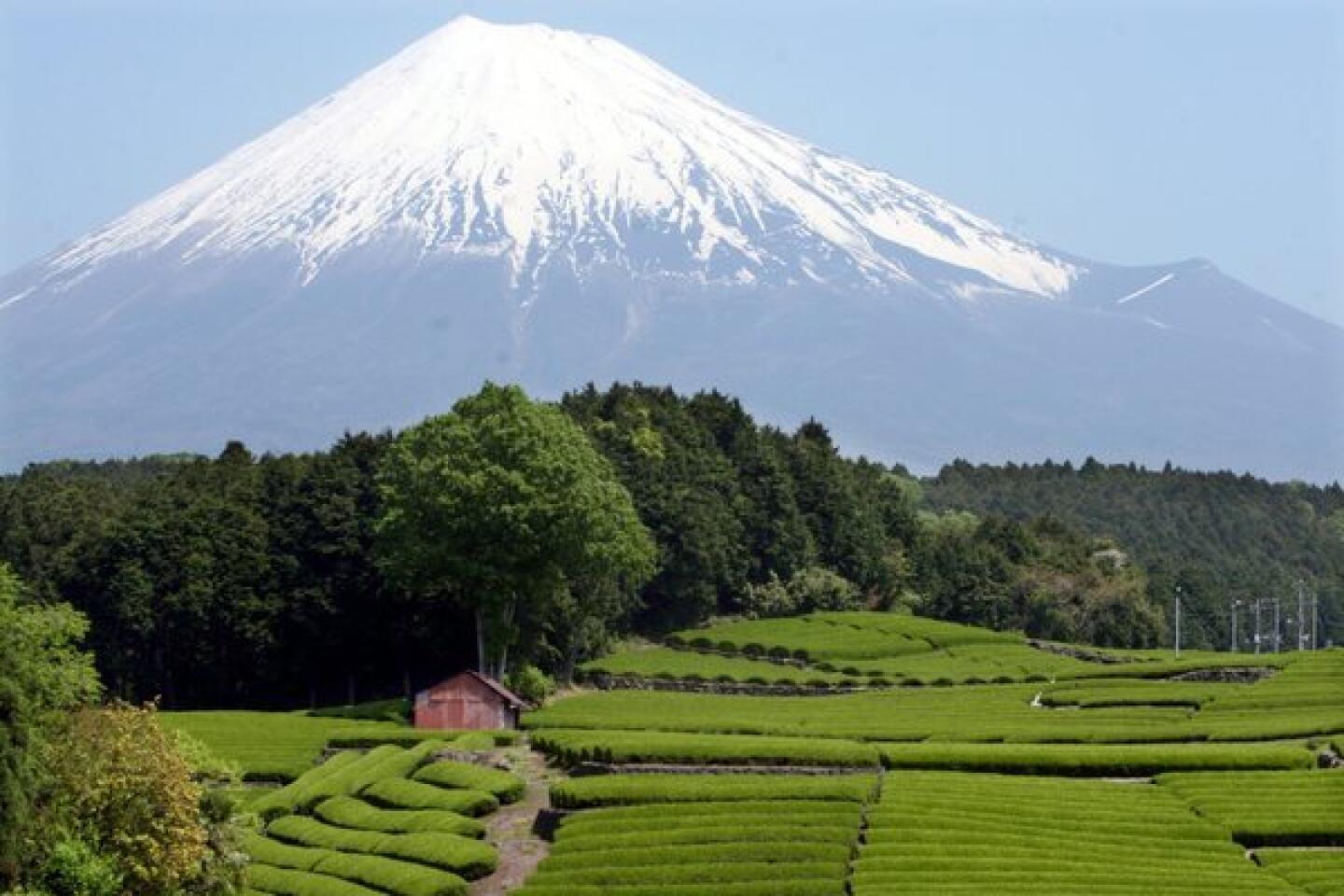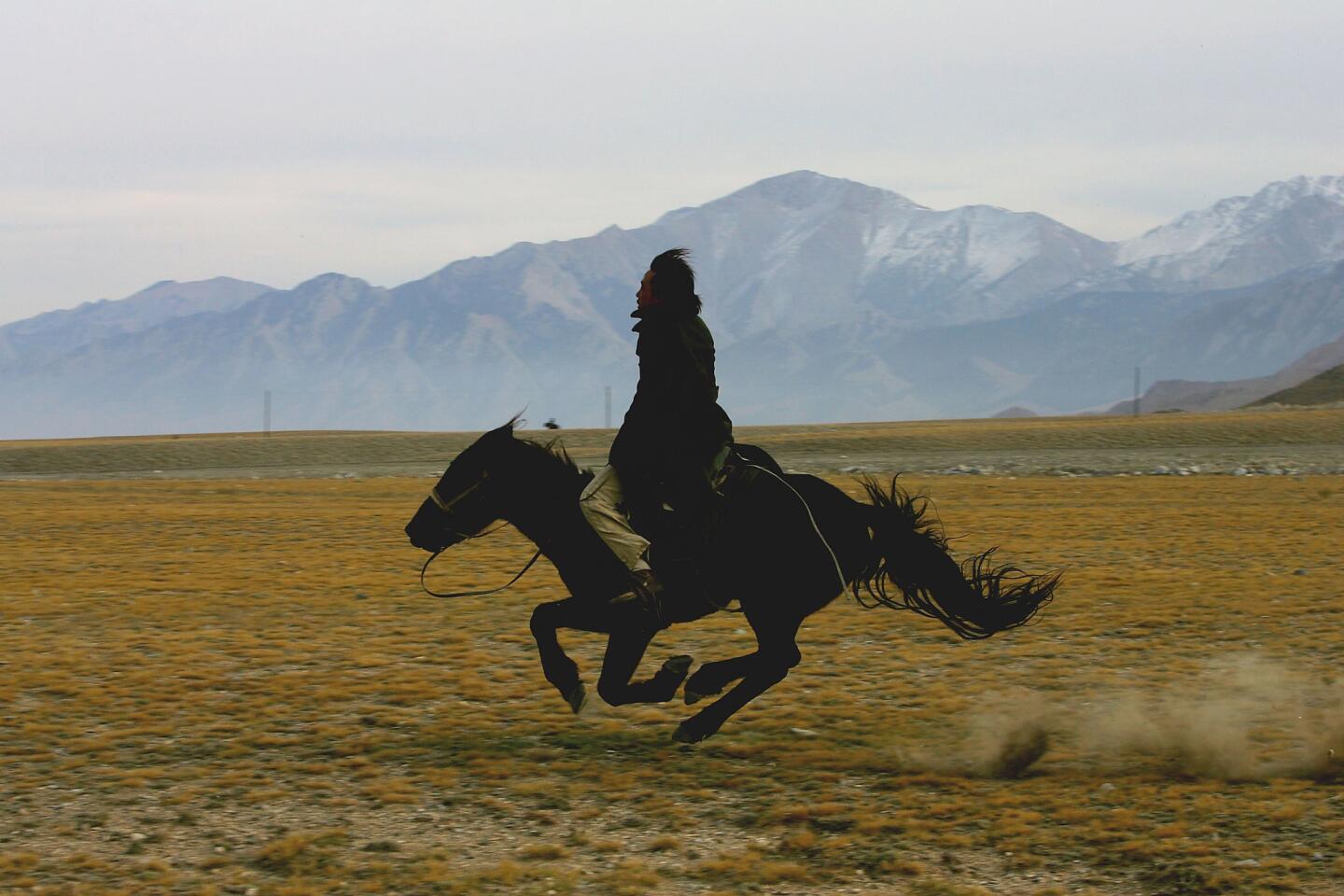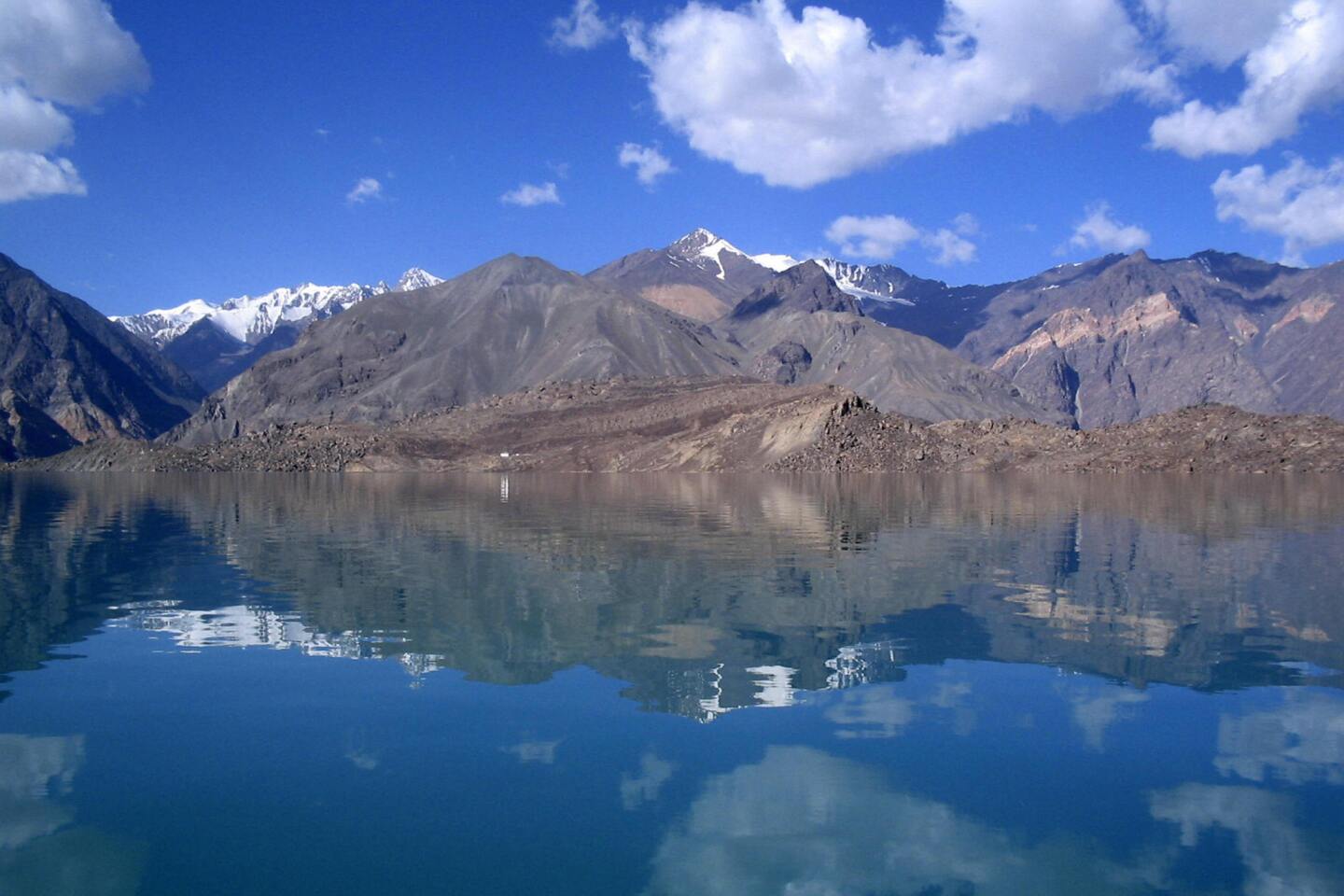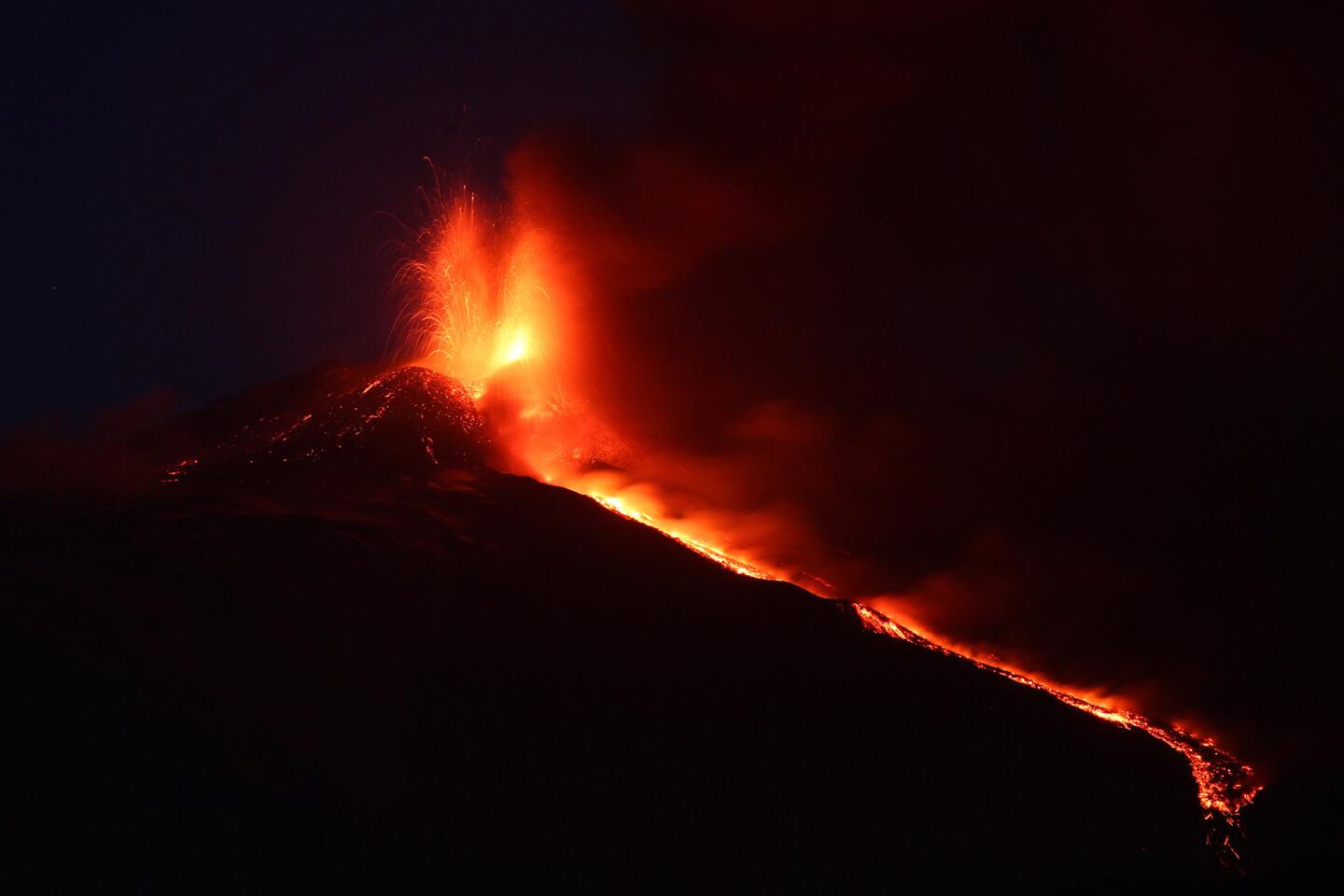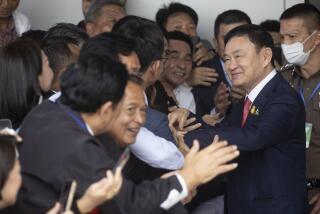Cambodian opposition leader Sam Rainsy returns to stir up election
- Share via
The joyous scene of Cambodian opposition leader Sam Rainsy’s return to Phnom Penh from self-imposed exile Friday has stirred expectations – some would say unrealistic ones – of young voters throwing their support behind an alternative to Southeast Asia’s longest-reigning leader, Prime Minister Hun Sen.
Rainsy isn’t likely to be allowed to run in the July 28 election that Hun Sen, already in power for 28 years, is expected to win by a landslide.
But with Rainsy’s ardent campaigning plans for the next week, his Cambodian National Rescue Party could loosen the leader’s vice grip on all levers of power. Rainsy’s opposition faction, which has united with the former Human Rights Party to strengthen its joint run for seats in parliament, is hoping to improve its clout in the legislature at least enough to break Hun Sen’s supermajority of 90 in the 123-member body that gives him the power to amend the constitution whenever it suits him. Rainsy’s faction has 29 seats.
Hun Sen remains popular in Cambodia’s vast rural reaches, where older voters retain vivid memories of the murderous Khmer Rouge government that terrorized the country in the 1970s. The 61-year-old prime minister is credited with erasing the vestiges of Khmer atrocities in his long years in power, but Rainsy and his allies plan to target their campaign for change on the younger generation that didn’t live through the nightmare years. In the four years that communist dictator Pol Pot was in power, as many as 3 million Cambodians died in summary executions and the slave-labor conditions of collective farming and government work brigades.
Cheering youths were prominent among the estimated 100,000 who turned out to greet Rainsy upon arrival at Phnom Penh International Airport and along the streets leading into the capital center. The Nation, a Bangkok daily that covered the former finance minister’s tumultuous return, noted that 1.5 million young Cambodians are eligible to vote for the first time in the election barely a week away. In all, 9 million are eligible to vote.
“A lot of young voters gathered with cheers to listen to Sam Rainsy’s first speech via Skype last Friday night in Kandal province,” The Nation reported. “The younger generation is the group tipped by many political observers as the major voters for Sam Rainsy’s party.”
Rainsy had been living in France since fleeing criminal charges in 2009 stemming from his activism over foreign land grabs and border disputes with Vietnam. He was convicted in absentia in 2010 and sentenced to 11 years in prison on the charges that he contends were the work of the prime minister to stem the rise of a political rival.
At the request of Hun Sen, Cambodian King Norodom Sihamoni last week pardoned Rainsy in a move hailed by the prime minister as a gesture of political reconciliation. It was, however, done only after the U.S. State Department threatened to cut Cambodia’s $70-million annual foreign aid unless the government acted to make the forthcoming elections more fair and inclusive.
Rainsy’s parliamentary seat was revoked with his conviction, and his name was stricken from the voter registry. It remained unclear after his return whether he will even be allowed to cast a ballot on June 28.
Radio Free Asia reported that lawyers for the opposition faction are combing the law books and legislative records for precedent to back their campaign to put Rainsy on the ballot. The deadline for registering a candidacy has long passed, but the legal experts argue that the royal pardon should expunge the punitive measures that stripped Rainsy of his elected office.
Rainsy’s return evoked the same atmosphere of euphoria exhibited by Burmese supporters of Aung San Suu Kyi, when the Myanmar military dictatorship began easing its repression of the opposition leader there. But Suu Kyi’s National League for Democracy won an overwhelming majority of legislative seats when allowed to compete with the military junta in 1990, drawing the crackdown that kept her under house arrest for most of the following two decades. Neither the former Sam Rainsy Party nor its now-allied Human Rights Party ever came close to attaining that level of popularity.
“Hun Sen and his ruling Cambodian People’s Party remain clear favorites to win this election,” The Diplomat, a Southeast Asian foreign policy magazine, reported Friday. It credited the prime minister’s enduring political strength to “unprecedented growth in the aftermath of three decades of war which ended in 1998.”
ALSO:
Why did a Russian court reverse itself on Alexei Navalny?
Thousands take to streets in Egypt to call for Morsi’s return to power
N. Korea-Cuba drama boils down to useless weapons, big pile of sugar
More to Read
Sign up for Essential California
The most important California stories and recommendations in your inbox every morning.
You may occasionally receive promotional content from the Los Angeles Times.

